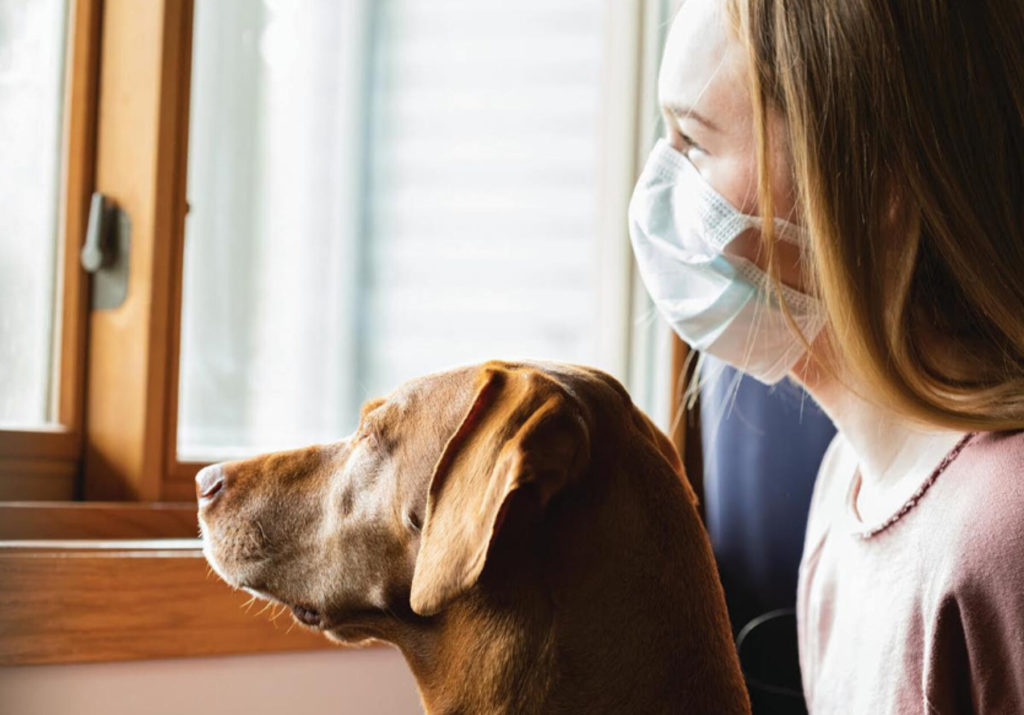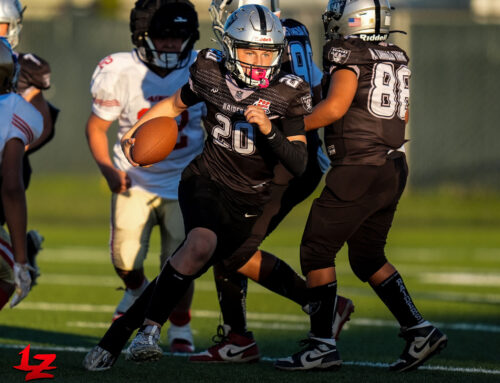“Just as we have changed our expectations in every facet of our lives, we need to make some adjustments when it comes to our pets in order to navigate the new world.”
![]()

By Dr. Jeanne Haggerty-Arcay

Dr. Jeanne Haggerty-Arcay
The pandemic not only caused the illness and death of so many people but also left the country dealing with the after effects. The pet and veterinary industries have been no exception. These effects have altered much of the industry, changed how we take care of our pets. In order to keep things moving smoothly with your pet, you need to understand how these changes may affect you and your pet.
- Veterinary Care: Veterinary and emergency hospitals have been overwhelmed. Plan appointments ahead so you do not delay important rechecks and vaccinations. When an emergency occurs, check with your primary veterinarian first but realize that same day emergencies may require you to travel to a local emergency hospital/urgent care facility, at which you may have significant wait times.
- Medication: If your pet is on medication, make sure you order refills with plenty of time before you run out. Refill requests may take longer to fill due to staff shortages and increased workload. Some medications may be difficult to get and may require alterations in the medication type/formulation. California state law requires a veterinarian to see a pet every 12 months in order to prescribe medication or food.
 Food: There have been innumerable shortages throughout the pet food industry. Canned foods have been particularly affected. Make sure you have plenty of food in case you have difficulty finding the next batch. This is especially important if your pet is on a prescription diet. Keep in mind that if you order your food for delivery, transit times may be delayed.
Food: There have been innumerable shortages throughout the pet food industry. Canned foods have been particularly affected. Make sure you have plenty of food in case you have difficulty finding the next batch. This is especially important if your pet is on a prescription diet. Keep in mind that if you order your food for delivery, transit times may be delayed.- Boarding/Kennels: If you plan to send your pet to a boarding facility, be sure to make your reservation early. These facilities are filling up quickly since travel has resumed and there is a larger pet population to serve. Make sure your pet meets all the vaccine requirements, especially since it may be difficult to get vaccines at the last minute. Remember vaccines given just prior to boarding may meet the requirement but may not have adequate time to be effective in protecting your pet. Consider pet sitters who come into the home. This reduces pet stress and decreases the chances of you coming home to a sick pet.
 Air Travel: It is expected to soar as people leave to visit family and friends. If you plan to bring your pet, be sure to check airline requirements. Some have tightened up restrictions, may have very specific carrier/crate sizes and may not allow certain pets to travel. Travel outside of the state does require a health certificate issued by your veterinarian and filed with the USDA, even if the airline does not list this requirement. Rabies vaccination needs to be current at minimum. Travel to certain states, especially Hawaii, may require a list of additional steps that need to be started well in advance of travel. Pets who appear too sleepy may not be allowed on the aircraft.
Air Travel: It is expected to soar as people leave to visit family and friends. If you plan to bring your pet, be sure to check airline requirements. Some have tightened up restrictions, may have very specific carrier/crate sizes and may not allow certain pets to travel. Travel outside of the state does require a health certificate issued by your veterinarian and filed with the USDA, even if the airline does not list this requirement. Rabies vaccination needs to be current at minimum. Travel to certain states, especially Hawaii, may require a list of additional steps that need to be started well in advance of travel. Pets who appear too sleepy may not be allowed on the aircraft.- Separation Anxiety: If you are leaving your pet at home or at a kennel, keep in mind that many pets have not been left alone. Many people are still working from home and have decided to bring their pet everywhere with them and this type of behavior often leads to separation anxiety. Research the red flags associated with separation anxiety and take steps to reverse it, as it is a progressive condition. Pets with separation anxiety may not do well when suddenly left alone.
Just as we have changed our expectations in every facet of our lives, we need to make some adjustments when it comes to our pets in order to navigate the new world.






